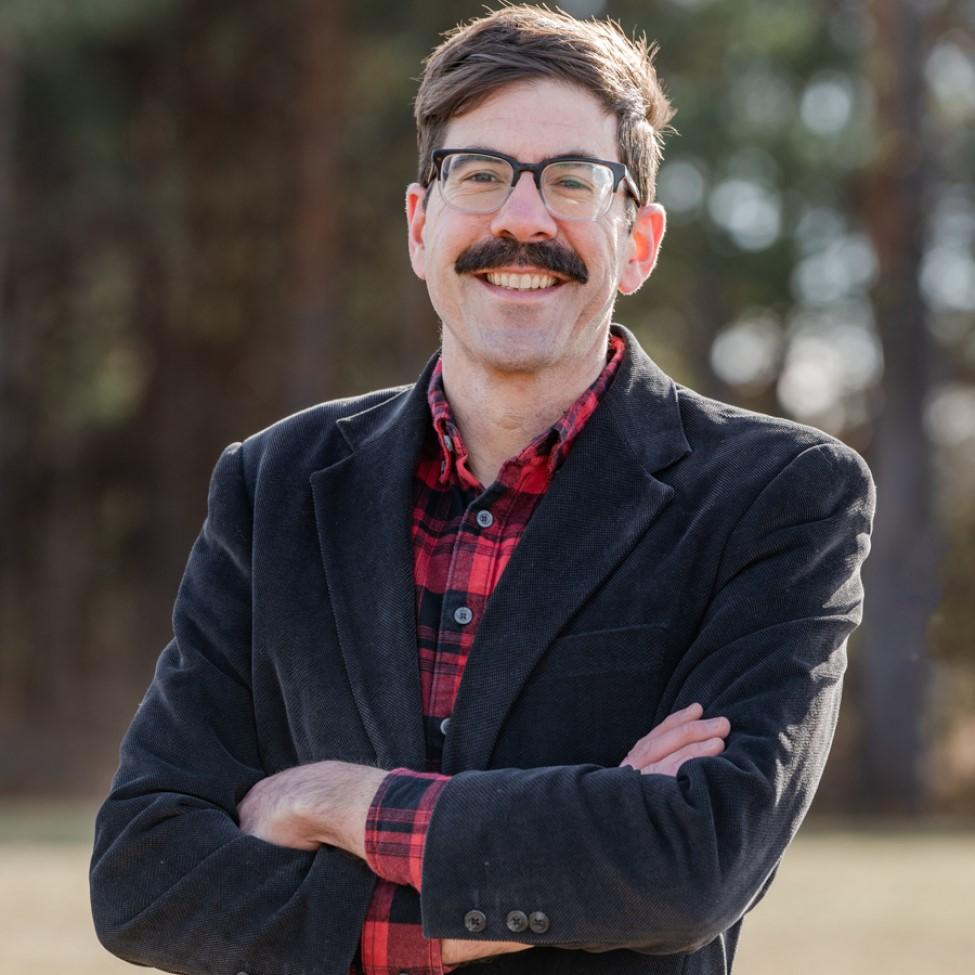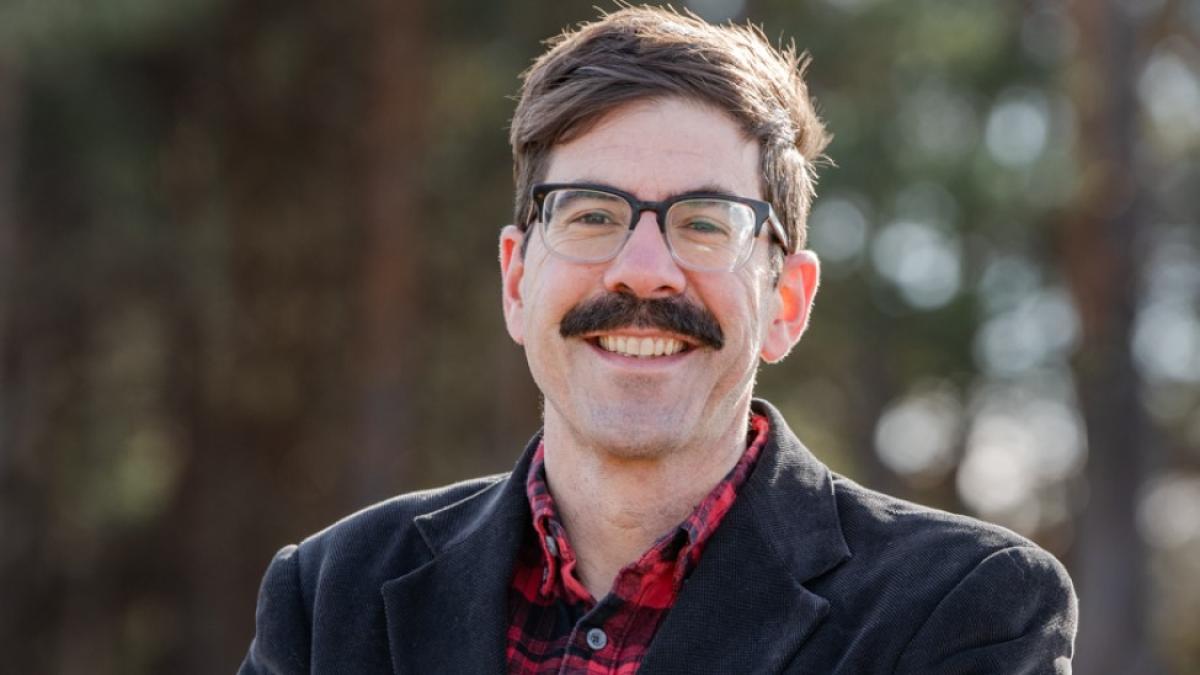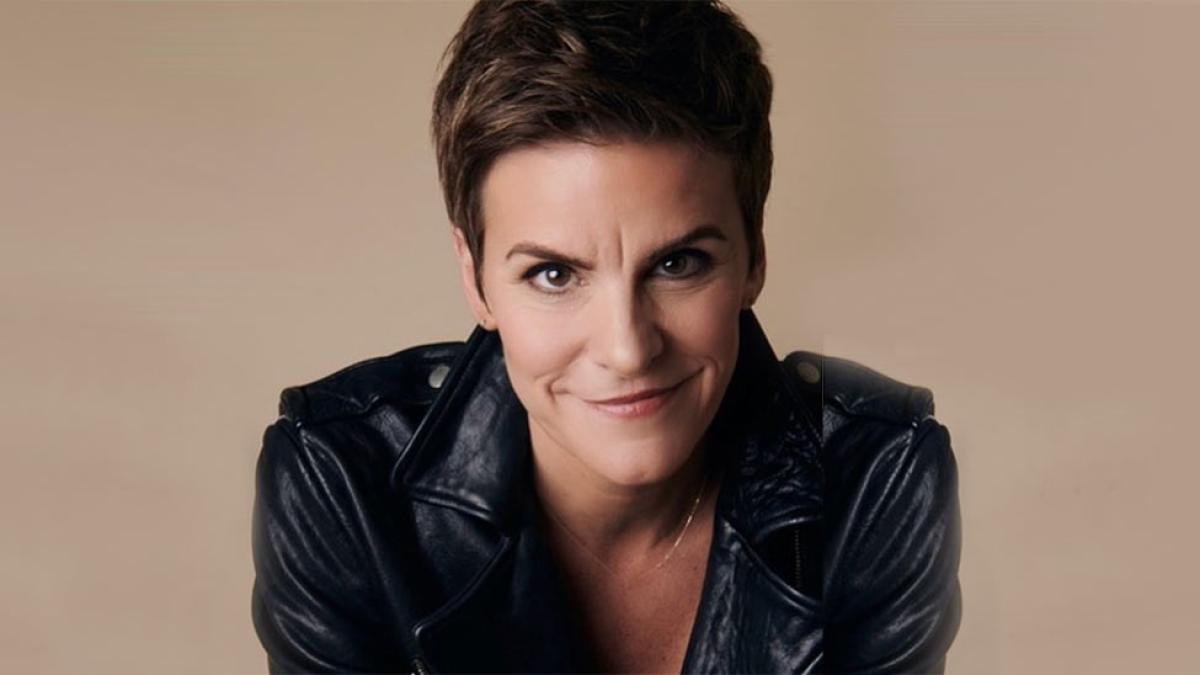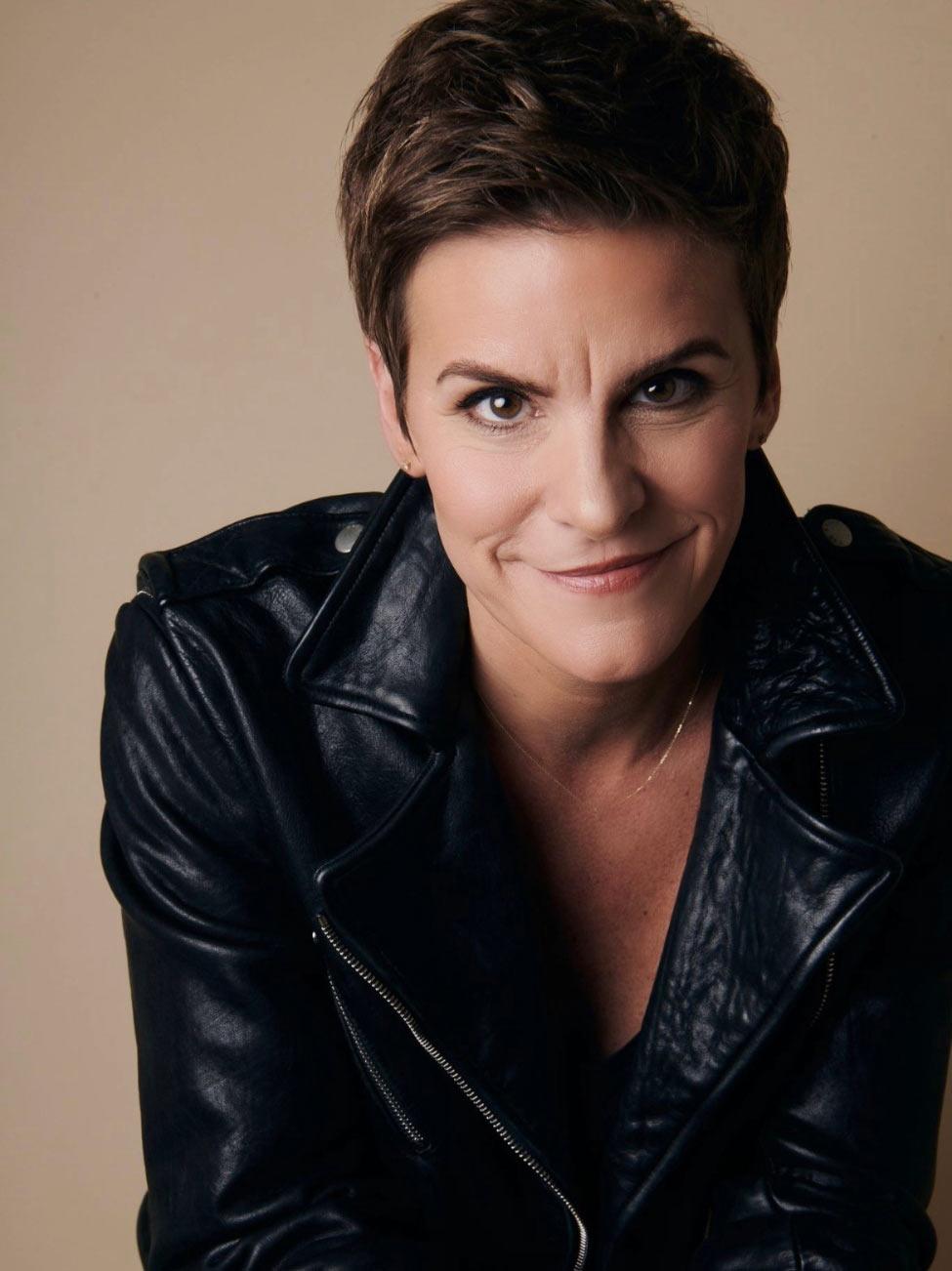
Haub Visiting Scholar Professor Anthony Moffa to Visit the Elisabeth Haub School of Law at Pace University
The Elisabeth Haub School of Law at Pace University is delighted to announce that they will have the honor of hosting Anthony Moffa, Professor and Associate Dean for Innovation at the University of Maine School of Law, as a Haub Visiting Scholar.


The Elisabeth Haub School of Law at Pace University is delighted to announce that they will have the honor of hosting Anthony Moffa, Professor and Associate Dean for Innovation at the University of Maine School of Law, as a Haub Visiting Scholar.
“Haub Law is honored to host Professor Anthony Moffa as a Haub Visiting Scholar,” said Jason J. Czarnezki, Gilbert and Sarah Kerlin Distinguished Professor of Environmental Law, Associate Dean of Environmental Law Programs and Strategic Initiatives, and Faculty Director, Sustainable Business Law Hub. “Professor Moffa’s innovative approach to addressing climate change and other critical environmental issues is novel, integrating history, theory, and practice.” During his time at Haub Law, Professor Moffa will also deliver the 2025 Lloyd K. Garrison Lecture, which is held annually at the Elisabeth Haub School of Law at Pace University.
Professor Anthony Moffa joined the University of Maine School of Law as a visiting associate professor in the fall of 2016. In 2023, he earned tenure and was promoted to the rank of professor of law. He also serves as the Associate Dean for Innovation and oversees the Environmental and Oceans Law Certificate Program. Professor Moffa is a broad and prolific environmental law scholar whose work has appeared in traditional and specialized journals (including the Utah Law Review, the Harvard Environmental Law Review, and the Stanford Environmental Law Journal), as well as books and popular media. That work has largely focused on trying to find novel approaches to addressing climate change within underexplored statutes, common law jurisprudence, historical practice, methods, and theory.
“Haub Law has a stellar environmental law program, and I am honored to be named a Haub Visiting Scholar,” said Professor Moffa. “Haub Law’s faculty and students are consistently at the pinnacle of environmental law and I look forward to engaging in meaningful conversations and collaborative efforts towards a better environmental future.”
At Maine Law, Professor Moffa teaches environmental law courses and torts, and received the Professor of the Year Award in 2018 and 2021. Prior to joining the Maine Law faculty, Professor Moffa served in the General Counsel’s Office of the U.S. Environmental Protection Agency. He also clerked for Judge F. Dennis Saylor IV on the United States District Court for the District of Massachusetts and Judge Kermit Lipez on the United States Court of Appeals for the First Circuit in Portland. Professor Moffa graduated magna cum laude from the Wharton School of Business at the University of Pennsylvania and earned a law degree from Yale Law School.
In their roles at Haub Law, Haub Visiting Scholars collaborate with faculty, guest lecture classes, and work closely with students in the Environmental Law Program and others. Funding for the Haub Visiting Scholars was made possible by a gift from the Haub family in recognition of the essential role of environmental science, informatics and other technology and allied fields towards formulating environmental policy and law.
Tony-Nominated Broadway Star Jenn Colella Joins Sands College Faculty
Sands College proudly welcomes Tony-nominated Broadway star and Grammy Award winner Jenn Colella, who brings unparalleled experience and insight into the world of musical theater.


Sands College of Performing Arts proudly welcomes Tony-nominated Broadway star and Grammy Award winner Jenn Colella to its distinguished faculty this spring. With her remarkable artistry and extensive experience, she brings an invaluable perspective on the world of musical theater to our students.
Aspiring performers will have the extraordinary opportunity to learn from an artist whose work has defined excellence in the field. Jenn’s recent starring role as Carrie Chapman Catt in Suffs earned her a Drama League Award nomination for Most Distinguished Performer, adding to her extensive list of accolades. Her transformative portrayal of Captain Beverley Bass in the Tony Award-winning Come From Away garnered widespread acclaim. She earned Outer Critics Circle and Drama Desk Awards, a Tony Award nomination for Best Featured Actress in a Musical, and Craig Noel, Helen Hayes, and Dora Awards for pre-Broadway productions. Jenn also won a Grammy Award for her contributions to the Dear Evan Hansen cast recording.
“I chose to become a professor at Sands because I am deeply inspired by the quality of actors that graduate from this program,” said Jenn. “I hope to bring a sense of confidence and agency to my students on their learning journey.”
Jenn’s illustrious Broadway career includes standout roles in If/Then, Chaplin, High Fidelity, and Urban Cowboy, for which she received an Outer Critics Circle Award nomination. Her versatility extends to television, where she currently stars as Captain Kershaw in Elsbeth. She has also appeared in Feed the Beast, Elementary, The Good Wife, All My Children, Rescue Me, The Code, Madam Secretary, FBI: Most Wanted, Evil, Beast In Me, and the Apple TV+ live capture of Come From Away.
This semester, Jenn will lead a special section of PAMT 223: Musical Theater Technique, where students will refine their craft and learn authentic performance techniques inspired by her extensive Broadway experience. Jesse J. Carlo, PhD, Chair of Musical Theatre & Commercial Dance, expressed his enthusiasm: “Jenn’s remarkable talent and wealth of industry experience make her a transformative addition to our program. Our students are in for a remarkable learning experience.”
The addition of Jenn Colella represents another milestone in Sands College's ongoing commitment to excellence in performing arts education. Her expertise and passion for teaching will provide our students with an extraordinary learning experience and will inspire the next generation of artists.